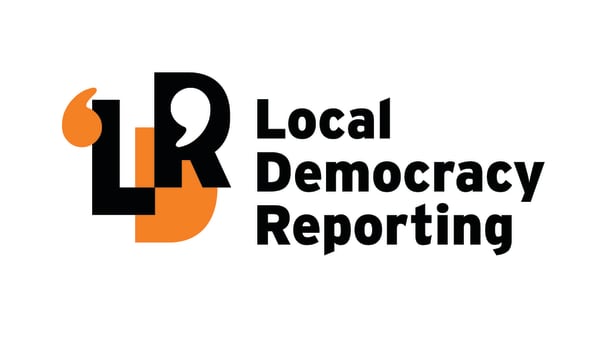A swathe of challenges faces the Tairāwhiti freshwater supply including climate change, scarcity and wastage. 
That is according to a recently released Gisborne District Council report which has painted a sobering picture of water issues in the region.
The report, Direction on Council’s Future Role in Terms of Managing Water Demand and Supply, laid out recent findings as it sought direction from elected members on what role the council should play in the non-municipal supply going forward.
Those findings included a September assessment by consultancy Aqualinc to determine where pressure was most likely to be felt, and what that would look like.
“Management of water is tricky and is a challenge being faced nationally,” the council report read.
“It is acknowledged widely (from multiple reports and modelling exercise) that without meaningful intervention, both the quality and quantity of the region’s water bodies subject to the most intensive demand, will face further decline.”
The report said although the region had been facing the issue of “too much water” due to severe weather, it was projected severe drought and water scarcity was the next problem at hand.
“Economic and social implications will be felt across the region with increased water insecurity.
“It is uncertain whether demand reduction measures alone will be enough to secure the region’s freshwater security.”
Although the council played a key role in water management, its role in the development of new water supplies was less clear, the report said.
As such, it was seeking direction from elected members as to what avenue the chief executive should go down with the region’s non-municipal supply.
The three options included consolidating and potentially expanding existing water demand management, enabling the development of storage options, and committing to the development of storage options.
Several councillors spoke strongly in favour of the latter at a council meeting last week.
Councillor Tony Robinson said he wanted to see more water available to the Poverty Bay flats, an area of intensified crop production.
He also pushed for the use of treated wastewater for irrigation in the area.
“There is so much potential. If we don’t take a lead on this, we’ll be twiddling our thumbs, in three and six years time still wondering whatever happened.”
Rob Telfer said there was a consensus in recent workshops that water was the number one priority.
“This is a golden opportunity,” he said.
Others felt option three was aspirational, but not suitable given the current climate.
“I’m feeling very conservative in light of our community going through recovery” deputy mayor Josh Wharehinga said.
It was decided that the topic should be workshopped further before the council could take a stance.
In 2021, the council presented a report showing current water management was based on a historical perspective that the resource was a commodity with an endless supply.
Because of this, there had been little work in reducing demand or addressing wastage.
The September 2023 report undertaken by Aqualinc found an annual volume of 33 million cubic metres of water was consented for abstraction.
Approximately 90 percent of that was surface water, which is declining in areas where it is used most intensively.
The annual volume required for irrigation could increase by up to 15 percent by 2050, Aqualinc found.







1 comment
For some councillors to suddenly arrive at a conclusion that involves a necessary and common sense course of action when, up until now, they have been part of previous administrations that have ignored representations on this matter, is more than worrying.
The time for talking and consulting at huge and unnecessary expense is over.
In fact, we could have already been half way to solving the problem with the necessary government support if previous councils had listened to advice they were getting when that critical financial help was available in the first year of the Ardern Government.
It is obvious that many in the current council wouldn’t recognise a good idea if they fell over it.
But quite possibly, even they already knew that.
JOIN THE CONVERSATION
Read and post comments with a
Newsroom Pro subscription.
Subscribe now to start a free
28-day trial.